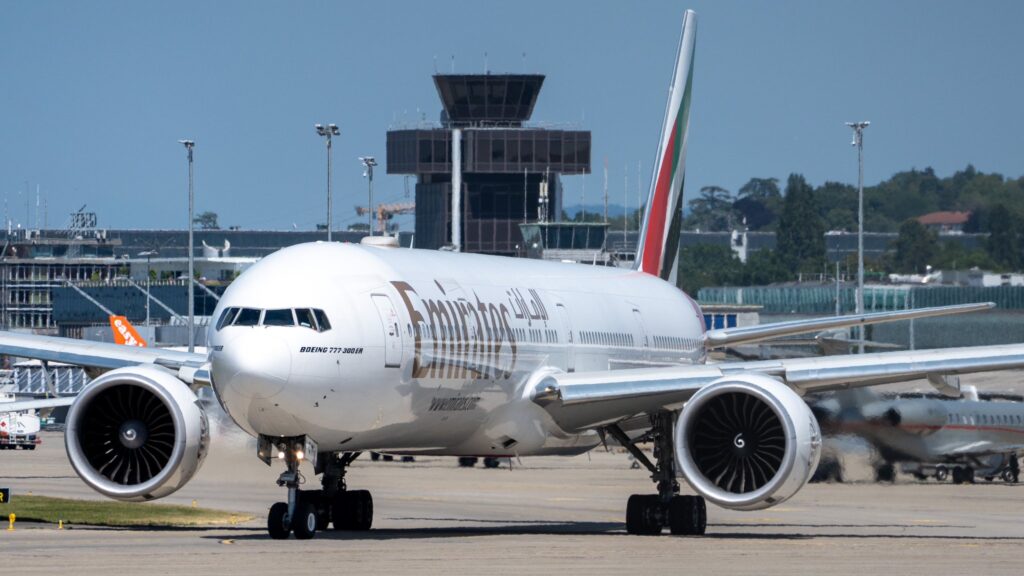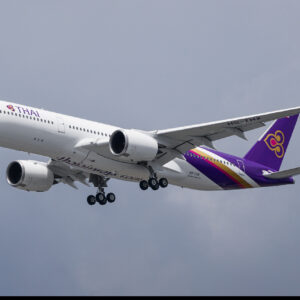Emirates Flight 176, scheduled to fly from St. Petersburg, Russia, to Dubai, encountered a critical situation when a fire erupted before departure. The incident is reported to have originated in the aircraft’s auxiliary power unit (APU), prompting concerns about aircraft safety and maintenance practices.
APUs, small turbine engines located in the tail cone of planes, provide electrical power, air conditioning, and hydraulic systems, especially when the main engines are not operational. These engines are typically started using an onboard battery pack and serve as an essential component for the aircraft’s functioning.
Although an APU failure does not render an aircraft inoperable, it presents operational challenges. In such cases, airlines can rely on ground-based systems for electrical power and air conditioning, while mobile air-start systems can assist in starting the main engines.
Russia: Emirates Boeing 777’s engine caught fire as it was preparing to take off to Dubai from Pulkovo airport in Saint Petersburg. If you take a look at Emirates airlines’ track record, they have a history of their planes catching fire through the years. pic.twitter.com/nAGieAyCjR
— Igor Sushko (@igorsushko) June 30, 2023
This incident also highlights the difficulties faced by airlines operating in Russia due to international sanctions. The country’s limited availability of spare parts makes it challenging to address mechanical issues promptly. Importing necessary components for repairs is subject to strict regulations, further complicating maintenance operations for airlines like Emirates.
While the exact cause of the fire on Emirates Flight 176 is yet to be determined, early evidence suggests that the APU was the source. This incident raises questions about the risks associated with operating Western-built aircraft in Russia and the potential impact of spare part shortages on flight operations.
Ensuring aircraft safety requires a comprehensive evaluation of maintenance procedures, contingency plans, and access to reliable spare parts. Airlines must address these challenges to maintain the highest standards of safety for passengers and crew.
Conclusion
The fire incident on Emirates Flight 176 in St. Petersburg underscores the importance of aircraft safety and the challenges faced by airlines operating in Russia. The reliance on APUs and the limited availability of spare parts due to international sanctions pose significant considerations for the aviation industry. Safety measures, efficient maintenance, and effective contingency plans are critical to overcoming these obstacles and ensuring secure air travel.







